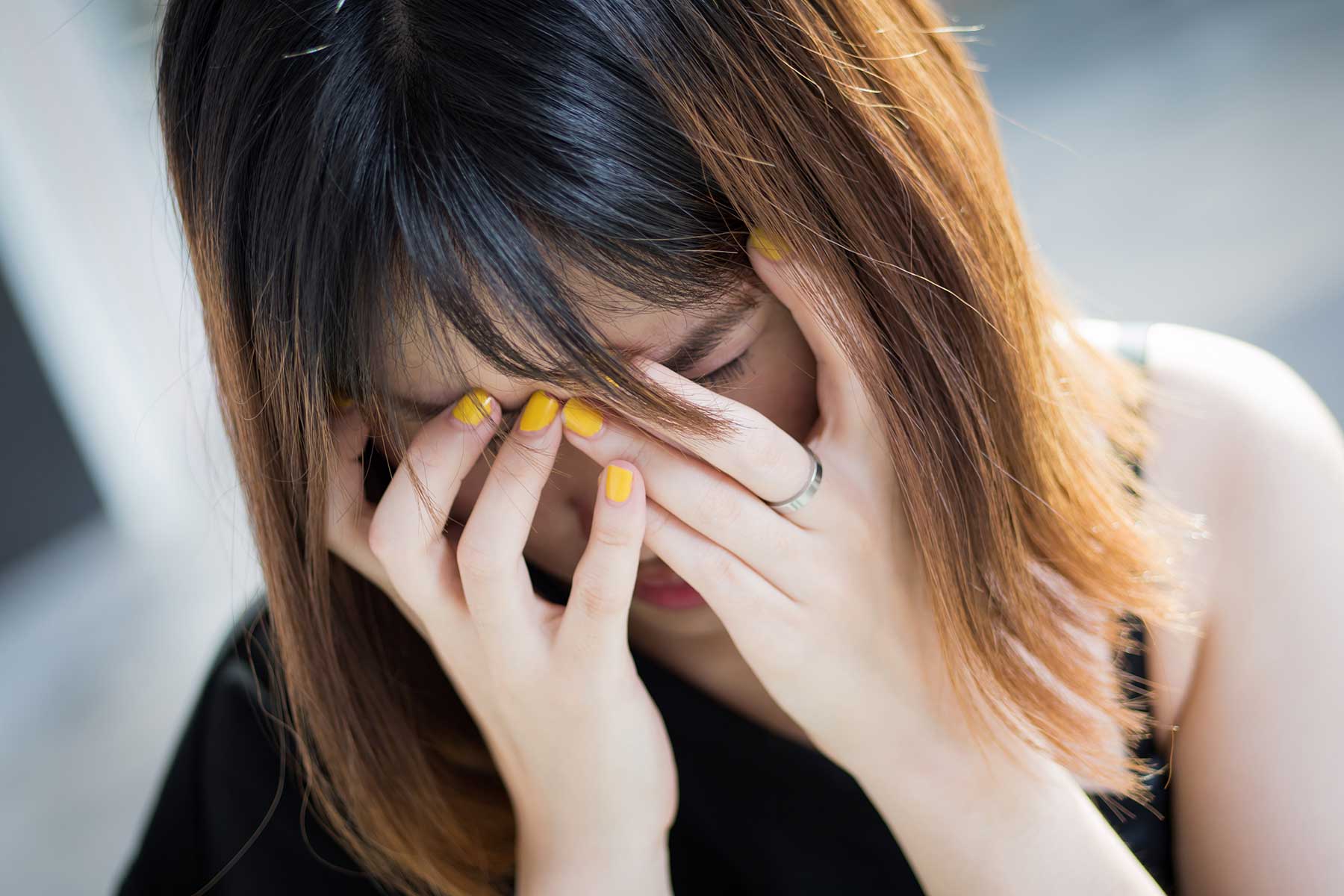
Phencyclidine, or PCP as it is commonly known, has been around since the 1950s. Originally formulated as an IV anesthetic, the agitating and hallucinogenic effects led to medical professionals discontinuing its use. Unfortunately, that was not the end of PCP. However, it has been available on the street market ever since and is dangerous and addictive. For those who find themselves addicted to PCP, the only way to loosen the drug’s grip is through a medical detox to overcome PCP withdrawal symptoms and professional rehab. Treatments including cognitive-behavioral therapy have been proven effective in helping people achieve recovery.
If you or someone you know is abusing PCP, seek help as soon as possible. The staff at Pennsylvania Adult & Teen Challenge (PAATC) can help people leave a PCP addiction behind. Though addiction is a chronic disease without a cure, it is treatable, and you can live substance-free. Please find out more about our PCP addiction treatment program by calling us today at 888.541.9239 or using our online form.
Facts About Phencyclidine Addiction
Another name for phencyclidine is angel dust. In some cases, it seems to usher the user into a peaceful place. However, it also creates a range of unpeaceful and even frightening effects. It alters the brain’s chemistry in a way similar to other addictive substances. It also leads to ever-increasing and more frequent doses to approximate the original high, a cycle that leads rapidly to dependence and addiction.
PCP is typically snorted, smoked, injected, or even eaten. Its effects on the user include the following:
- Auditory and visual hallucinations
- Disorientation
- Distorted vision
- Amnesia
- Numb hands and feet
- Slurred speech
- High blood pressure
- An irrational sense of power and invulnerability
- Confusion
- Clumsiness
- Fever and rapid heart rate
In the past, PCP was falsely blamed for violent acts and life-threatening loss of self-control. It does create a sense of invulnerability, which, combined with the loss of coordination and delirium, can lead to dysregulation. However, it only sparks violence in those with co-occurring mental health challenges or who are already prone to aggression.
PCP Withdrawal Symptoms
If someone is dealing with PCP addiction, recovery is only possible when the substance is cleared from the body. As a result, you need to go through withdrawal. Within eight hours after the drug is withheld or unavailable, short-term PCP withdrawal symptoms emerge. These are highly disorienting and can be frightening to the user as well as people nearby. They include psychological effects as well as behavioral and physical ones, such as:
- Headache
- Profuse sweating
- Fear/anxiety/agitation
- Restlessness
- Tremors
- Headache
- Hyperactive eye movements
- Seizures
- Hallucinations
- Fever
- Acidosis (potentially dangerous build-up of acids in the blood)
- Gastric dysfunction
It is best not to go through PCP withdrawal alone but under medical supervision in a professional detox facility.
Get Phencyclidine Treatment at Pennsylvania Adult & Teen Challenge
Treatment for PCP addiction is available, and recovery is possible. Our professionals have devoted their lives to understanding and treating this addiction. At PAATC’s PCP addiction treatment center, we will create an individualized treatment plan. This plan will contain numerous evidence-based modalities as well as holistic options and support groups. Some of the treatment options include:
Cognitive-Behavioral Therapy (CBT)
This therapeutic option is especially effective for recovering from a phencyclidine addiction. It helps you recognize and transform the negative thought patterns that can push you into dangerous cycles of depression or denial. You learn beneficial skills to change your thoughts and behaviors and shift to healthy ways of seeing the world.
Dialectical Behavior Therapy
Dialectical Behavior Therapy (DBT) is a type of cognitive-behavioral therapy that focuses on helping individuals learn new skills to cope with difficult emotions, manage conflicts and improve their relationships. DBT combines concepts of traditional cognitive-behavioral therapies such as problem-solving and acceptance strategies with the Eastern philosophy of dialectics. It emphasizes balancing between acceptance and change to help individuals reach their goals. DBT focuses on increasing mindfulness, improving interpersonal effectiveness, learning distress tolerance skills, and reducing emotional vulnerability.
Family Therapy
Because addiction is a family disease, bringing your support network into therapy is often a good idea. There will be opportunities throughout treatment for your family to participate with you and a therapist. Family therapy will involve education about addiction. It will also provide a chance to understand and empathize with one another, establish more effective and healthy ways of communicating, and more.
Group Therapy
Under the guidance and supervision of a licensed therapist, group therapy is an opportunity for you and your peers in rehab to experience mutual accountability, support, and healing.
Aftercare Planning
Aftercare planning is an important part of the PCP addiction recovery process. It involves developing an individual action plan that lays out goals, strategies, and resources to maintain sobriety and support a healthier lifestyle. The overall goal of aftercare planning is to increase an individual’s likelihood of remaining in recovery long-term.
Get the Help You Need With Your Addiction Today
Don’t wait another minute to learn more about how PAATC can help you or your loved one overcome PCP withdrawal symptoms and achieve recovery. Our compassionate, expert staff is ready to answer questions and help you on the first step of your recovery. Call 888.541.9239 or use our online form to connect with one of us today.
